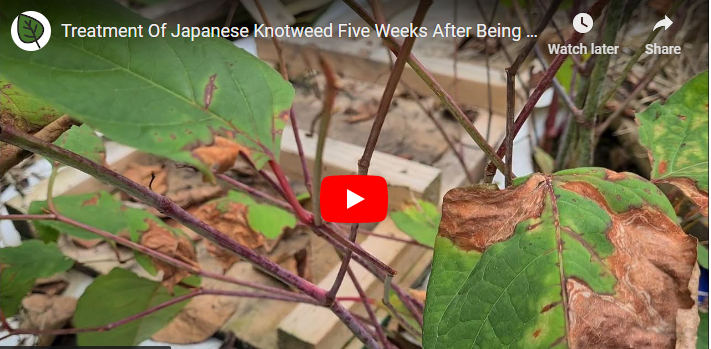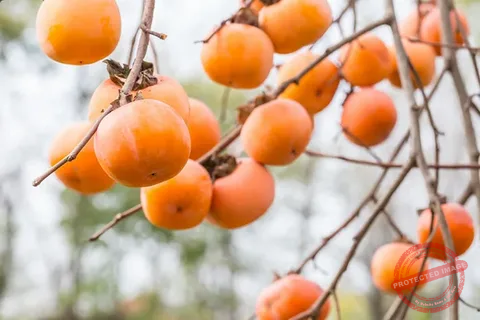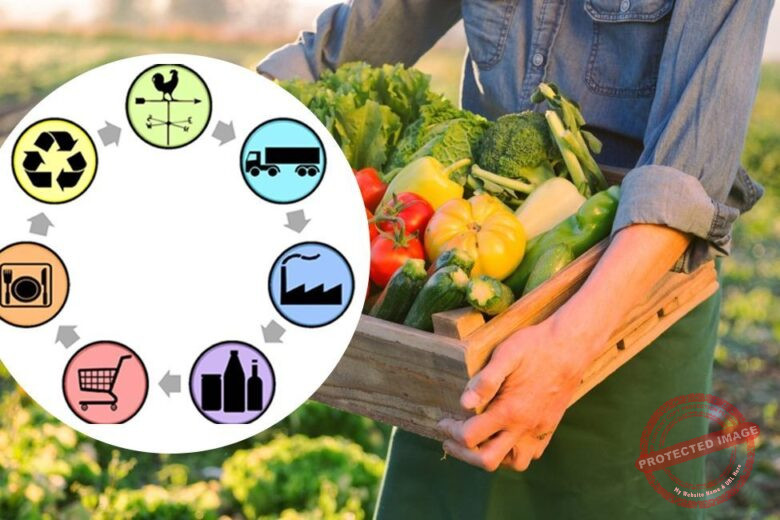If you’re an avid gardener or an orchard owner, you understand the importance of providing the right nutrients to your apple and pear trees. Fertilizers play a crucial role in promoting healthy growth, enhancing fruit production, and preventing nutrient deficiencies.
The best fertilizer for Apple and Pear tree is Slow-Release Granular Fertilizer, Liquid Fertilizer, Ammonium Nitrate, Bone Meal, Seaweed Extract and Fish Emulsion
When it comes to fertilizers for apple and pear trees, there are numerous options available, ranging from organic to inorganic choices. In this article, we’ll explore the 15 best fertilizers for apple and pear trees, including both organic and inorganic varieties, to help you make an informed decision and nurture your trees effectively.
Read Also: 15 Best Fertilizer for Palm Oil Trees Organic & Inorganic: Boosting Growth and Yield
Before we dive into the top fertilizers for apple and pear trees, let’s briefly discuss why choosing the right fertilizer is so important. Fertilizers provide essential nutrients that support the growth and development of trees, ensuring they receive the optimal balance of macronutrients and micronutrients.
Apple and pear trees have specific nutrient requirements, including nitrogen, phosphorus, potassium, calcium, and magnesium, among others. The right fertilizer can help address any nutrient deficiencies, boost fruit production, improve disease resistance, and enhance the overall health of your trees.
15 Best Fertilizers for Apple and Pear Trees: Organic & Inorganic
Now, let’s explore the top 15 fertilizers for apple and pear trees, categorized into organic and inorganic options. Remember to choose the one that aligns best with your gardening practices and specific tree needs.
Read Also: 15 Best Fertilizers for Pepper [Organic & Inorganic]
Organic Fertilizers
1. Fish Emulsion:
Fish emulsion is a popular organic fertilizer for fruit trees, including apple and pear. It is rich in nutrients, particularly nitrogen, which promotes leafy growth and vibrant fruit production.
Read Also: 15 Best Fertilizers for Cassava Farm [Organic & Inorganic]
2. Composted Manure:
Composted manure is an excellent organic fertilizer that enriches the soil with a variety of nutrients. It enhances soil structure, improves water retention, and slowly releases nutrients to the trees over time.
3. Bone Meal:
Bone meal is a natural fertilizer high in phosphorus, an essential nutrient for root development and flowering. It is particularly beneficial during the early stages of tree growth.
Read Also: 15 Best Fertilizer for Rice Farm [Organic & Inorganic Fertilizers]
4. Seaweed Extract:
Seaweed extract is a fantastic organic fertilizer that contains trace minerals, growth hormones, and beneficial microorganisms. It improves overall tree health, enhances resistance to stress, and stimulates root development.
Read Also: 15 Best Fertilizers for Groundnut [Organic & Inorganic]
5. Wood Ash:
Wood ash is a byproduct of burning wood and contains potassium, phosphorus, and trace amounts of other minerals. It is an excellent organic option for boosting fruit quality and disease resistance.
Inorganic Fertilizers
6. Slow-Release Granular Fertilizer:
Slow-release granular fertilizers are convenient and effective, providing a controlled release of nutrients over an extended period. Look for formulations specifically designed for fruit trees.
Read Also: 21 Best Fertilizer for Soybeans Organic & Inorganic: Maximizing Yield and Quality
7. Liquid Fertilizer:
Liquid fertilizers are fast-acting and readily absorbed by trees. They are ideal for addressing immediate nutrient deficiencies or providing a quick boost during periods of rapid growth.
8. Ammonium Nitrate:
Ammonium nitrate is a nitrogen-rich inorganic fertilizer that promotes vigorous vegetative growth and enhances fruit production. It should be used with caution, as excessive use can harm the environment.
Read Also: 15 Best Fertilizers for Watermelon: Organic & Inorganic
9. Superphosphate:
Superphosphate is a phosphorus-rich fertilizer that encourages strong root development and improves fruit quality. It is often applied during the early stages of tree growth.
10. Potassium Sulfate:
Potassium sulfate is a high-potassium fertilizer suitable for apple and pear trees. It helps enhance fruit flavor, improve disease resistance, and promote overall tree health.
Read Also: 15 Best Fertilizers for Tobacco [Organic & Inorganic]
11. Calcium Nitrate:
Calcium nitrate is a water-soluble fertilizer that supplies both calcium and nitrogen to apple and pear trees. It strengthens cell walls, prevents diseases, and improves fruit firmness.
12. Urea:
Urea is a nitrogen-based fertilizer that promotes leafy growth and overall tree vigor. It is highly soluble and provides a readily available source of nitrogen for the trees.
13. Triple Superphosphate:
Triple superphosphate is a concentrated phosphorus fertilizer that encourages root development and improves fruit production. It is often used in the early stages of tree growth.
14. Ammonium Sulfate:
Ammonium sulfate is a nitrogen-rich fertilizer that provides a quick-release source of nitrogen to apple and pear trees. It is beneficial for promoting rapid growth and green foliage.
15. Potassium Nitrate:
Potassium nitrate is a balanced fertilizer that supplies both potassium and nitrogen. It helps improve fruit quality, enhances disease resistance, and supports overall tree health.
Here are some frequently asked questions about fertilizing apple and pear trees, along with their answers:
How often should I fertilize my apple and pear trees?
It is recommended to fertilize apple and pear trees once or twice a year. Apply fertilizer in early spring before bud break and again in late fall after harvest.
Can I use organic fertilizers for apple and pear trees?
Yes, organic fertilizers are a great choice for apple and pear trees. They provide slow-release nutrients and improve soil health.
Should I use the same fertilizer for both apple and pear trees?
Apple and pear trees have similar nutrient requirements, so using the same fertilizer for both is generally suitable.
Can I over-fertilize my trees?
Yes, over-fertilizing can harm the trees. Always follow the recommended dosage and avoid applying fertilizer close to the trunk to prevent root burn.
How long does it take to see results after fertilizing?
The results of fertilization can vary depending on various factors, but you can expect to see noticeable improvements in tree health and fruit production within a few months.
Are organic fertilizers better than inorganic fertilizers?
Both organic and inorganic fertilizers have their benefits. Organic fertilizers improve soil health, while inorganic fertilizers provide fast-acting nutrients.
Conclusion
Choosing the right fertilizer for your apple and pear trees is crucial for their health and productivity. Whether you prefer organic or inorganic options, the 15 fertilizers mentioned in this article offer a range of benefits to meet your trees’ specific needs.
Consider factors like nutrient content, release rate, and tree growth stage when selecting a fertilizer. By providing the proper nutrients, you’ll be rewarded with healthy, thriving trees and a bountiful harvest of delicious apples and pears.



![How To Buy Farmland For Investment [Farmer’s Guide]](https://agrolearner.com/wp-content/uploads/2024/01/Farmland.jpg)